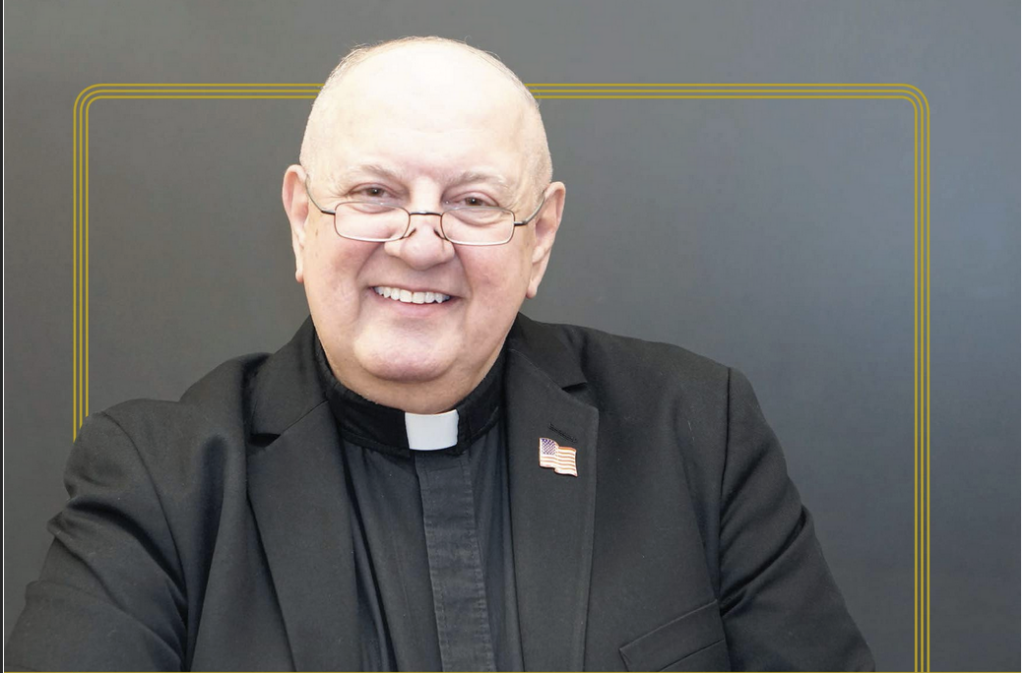
Holy Homework: On the Shepherd’s Shoulders
By: Father Bob Pagliari, C.SS.R., PH.D.
Let’s promise to be better sheep by listening to and obeying the voice of the heralding Shepherd

The Bible mentions the word “shepherd” 43 times. But how often do we think about the people who tend flocks nowadays? Does the word still refer to green pastures and those guarding herds of four-legged animals or does it apply to artificial turf and those who referee two-legged teams at play?
For example, before you ask Australians what they think about “shepherding,” you may want to brush up on their current rules for Australian football. Similar to “blocking” on the American gridiron, “shepherding” in the Down Under sport typically involves players using their whole torso to stop an opponent from tackling a teammate or getting possession of the ball. The connotation is still that of safeguarding, intervening, and rescuing from certain loss. In fact, their most effective shepherding technique is done “with the use of full body weight and outstretched stiff arms.”
Does such a shepherding image mirror Christ with outstretched arms on the cross? Strangely enough, the idea of defending a teammate and the reality of spiritually caring for faithful followers is a closer match than we might think.
During the seasons of Lent and Easter, we recall the suffering, death, and resurrection of Jesus. However, we might also remember why Our Lord is known as the Good Shepherd. Whenever the bible mentions shepherding, the scenario is one of caring, leading, protecting, and acknowledging the close bond that exists between the shepherd and the sheep.
Jesus, the Good Shepherd, is often portrayed carrying a lost lamb across his shoulders to return the wayward stray to the flock. These are the same shoulders that bore the weight of the cross up the hill to Calvary.
Whether carrying lost sheep or lost sinners, their weight is internally excruciating—a term derived from the Latin words “ex cruce” meaning “from the cross.” Nevertheless, the burden on his shoulders confirms Christ as our “Savior Shepherd.” He cares for us so completely that he would leave 99 faithful grazers to untangle us from the thorny temptations of the devil that lead us away from virtue and into the vices of sin.
We are the lost sheep. He is our rescuing shepherd. Whether we are bleating in sorrow or bleeding to death, Jesus loves us enough to stoop down, lift us up, and carry us sturdily on his shoulders from this valley of tears to the heights and happiness of everlasting life.
Holy Homework:
Since March in 2024 contains both Lent and Easter Sunday, let’s attach three pictures, side-by-side, on the fridge this month—a picture of Jesus the Good Shepherd carrying a lamb, a picture of Jesus carrying the cross, and a picture of Jesus rising from the tomb. Each time we pass by these images, let’s promise to be better sheep by listening to and obeying the voice of the heralding Shepherd who is calling us to follow him as he leads us to our heavenly home.
Comments can be sent to FatherBobPagliari@Yahoo.com

